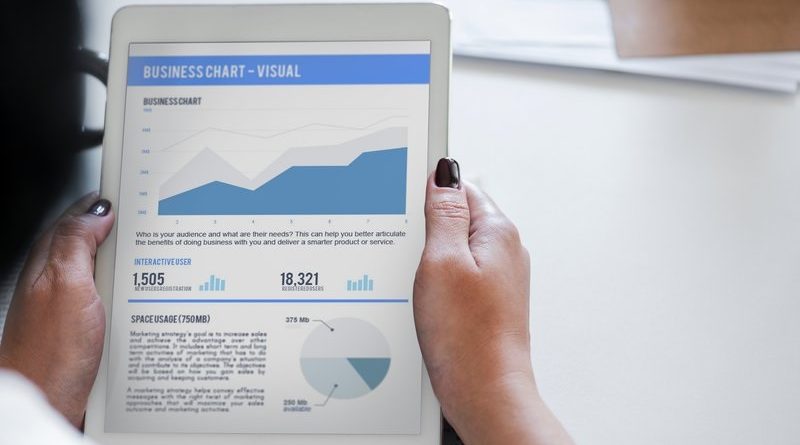Best Practices for Improving Data Governance in Your Business
Big data has brought a lot of changes in the business world, and more people are paying more attention to better management of data. Acquiring that data and knowing how to best use it is not always an easy task, and this is the reason why people need to govern their data in the right way. What is data governance? Governance of data is the process that helps in ensuring that an organization has the data it needs and that data is managed in the right way. The objective of having such a strategy is to improve data quality, data availability, its usability, proper processing of data, and its security. For all these functions to be complete, an organization will need to employ some data stewards such as program manager and data analyst and on top of it have well-defined procedures to implement proper governance of data. Here are some data governance practices that you should embrace to improve its performance.
1. Start Small
There is a lot that is involved in proper governing of data, and while it is good to dream big, start small for efficiency purposes. Proper governing of data includes people who value data, data processes, and technology, and it is important to keep these three factors in mind when establishing and implementing the strategy. For better results, begin by getting the right people, then formulate the right processes and later bring in technology and you will realize that each factor will help in building the one that came earlier. If you do not get the right people in place, you might never get anything done, and processes and technologies might become obsolete without them noticing. It is better to go slow but be certain of the big picture you are eying at the end.
2. Establish Good Governance Structure
Data is very valuable, and therefore, you must think critically about the operating model that will bring out the best from the governance program. In every line of business in your organization, define all the roles and responsibilities so that all the tasks in the organization are carried out diligently. This will make accountability easy for everyone. It doesn’t matter whether your organization structure is centralized, decentralized, or federated; the fact remains that you have to come up with an operating model for proper governing of data. Make sure you get a representative in every line of business, usually known as data stewards.
3. Determine Your Data Domains
To have a proper data governance framework, you need to establish data domains for all lines of business. These include supplier, customer, and product data domains. It all depends on the kind of business you do and the number of departments you have in your organization. But the main thing to understand here is that you must identify domains for each so as to capture all data concerning the people, product, or service involved in that line of business. For proper identification of these domains, you will need to understand the needs and problems of the clients you have been dealing with. It is through the solutions offered to solve these problems that data can be spread in different systems and applications. You will get to identify the different sources of data, the owners of this data, the modification made to it and the parties involved.
4. Define Your Metrics
Data keeps on changing every day due to the different activities and transactions completed each day. It is therefore important to define control measurements for your data to ensure that data quality is maintained even when changes come. The metrics set will help in maintaining a data governance framework that serves the purpose it was intended to. This purpose includes ensuring availability, usability, management of data processes, and data protection. In this case, have properly defined workflow processes, their threshold for approval, review processes, management issues, reporting templates, and allowability to capture feedback in workflow processes.
Data is becoming more and more crucial in every business, and it’s important to pay more attention to strategies such as data governance by applying these practices to it.




